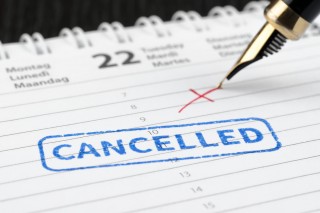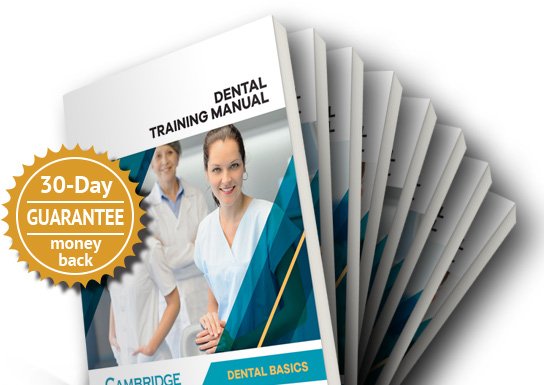Dental Consultants Top Tips To Reduce No Shows

Keeping no shows and cancels at 10% or less comes down to having having a scheduler who takes 100% responsibility for ensuring your schedule is full which includes not being too dependent on automatic reminders.
Your confirmation system should be tailored to each type of patient and have a personal touch. Anyone who contacts patients must know what they are doing and be an excellent communicator.
Role playing with a script as a basic outline of specific types of calls is highly recommended. Here is my basic re-care confirmation protocol as well as what to do for NPs, operative and cancels/no shows:
1. Education: For all the wonderful technology at our disposal a vital step in keeping no shows and cancels low is educating patients while they are in the practice on the likely negative effects, if they do not move forward, on their oral and overall health
2. Accountability: Assign confirmation to one employee for accountability. That employee should have excellent communication skills. The employee must have their ear "tuned" to lack of commitment phrases.
3. Customize: Find out from patients how they prefer to be contacted by text, postcard, e-mail or phone call. You can also do a combination i.e. text and "courtesy call", etc.
4. Schedule: The basic schedule for confirmation is 3-3-1 as follows:
a. Three weeks out is a courtesy reminder, typically by postcard, email or text.
b. Three days out is for a “hard” confirmation typically by phone or text. If you get a "hard" confirm three days out there's not need to call or text one day out however for certain types of patients it is still advisable. See point #5.
c. If no "hard" confirm three days out try again one day out. Note: There's really no need to do so for patients who have been responsible with their appointments in the past. Your front needs to use judgment on which patients need to the full 3-3-1.
5. Types of patients: Certain types of patients need a "hard" confirm such as:
a. Patients who have previously broken an appointment (also see point #12).
b. Patients in their 20s (older people are usually more reliable about keeping doctor appointments).
c. Patients who use Medicaid or any other government plan.
d. Patients who have not been in for some time except if they have an emergency.
e. International patients due to possible language barriers or different cultural moral codes,
f. Parents making an appointment for their grown child, or a spouse making an appointment for a spouse.
If you can't get a hard confirm on these types of patients consider double booking the slot.
6. Short call list: Have an active short call list to help plug the holes in your schedule.
7. Morning huddle: A short but well organized huddle can be very helpful in filling holes in the current day's schedule as well as upcoming days.
8. Operative: Operative is one day before unless booked well in advance in which case it's 3-3-1.
9. NPs: A call from the dentist welcoming them to the practice will cut down on NP no shows.
10. No shows: If the patient no shows call them right away. If you do not reach the patient let them know you will try back in about a week. Repeat a week later if needed.
11. Overdue:
a. Call patient ASAP, one day past due.
b. If no joy, followup with two more calls over the next thirty days.
c. If still no joy, send a postcard.
d. Still no luck, a letter on office stationary.
12. Chronic broken appointment patients (three broken appointments or not sorry after the second one): Dismiss them or only allow them to be on your short call list. Run a missed appointment list each day or week so that you can indicate who should not get an appointment if they call in.
13. Prescheduling: Patients who have shown themselves to be irresponsible with their appointments should not be prescheduled. If you still want them in your practice you can send a reminder card to call the office to schedule an appointment.
14. Habitual lateness: Any patient that has been habitually late should be scheduled 15 minutes early.
By accepting you will be accessing a service provided by a third-party external to https://www.mydentalconsultant.com/
